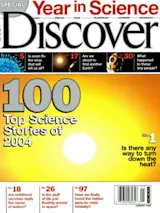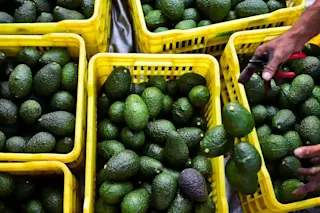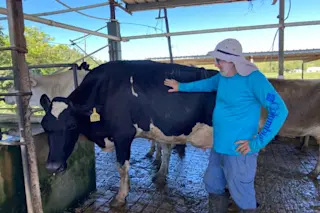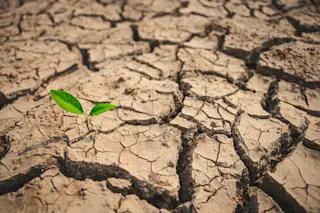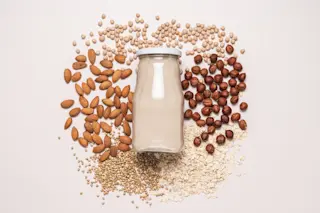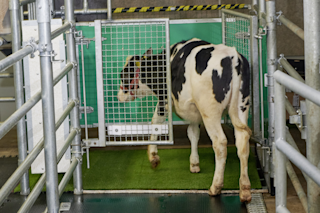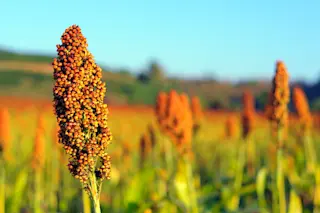Is global warming good or bad for farming? The answer, no doubt, depends on the crop and the location of the farm. But a pioneering study reported in 2004 gave an alarming answer for one of the world’s most important crops: rice, the staff of life for billions of people around the world.
After an 11-year inquiry, a group of Asian and American researchers found a 10 percent drop in rice-crop yields for every increase in nighttime temperatures of 1.8 degrees Fahrenheit. The scientists, led by agronomist Kenneth Cassman of the University of Nebraska and Shaobing Peng of the International Rice Research Institute in the Philippines, believe hotter nights may speed up respiration, causing the plant to work harder and waste energy. The rice loss is particularly strong during the dry season, the higher yielding of the year’s two crops.
Global warming does not necessarily lead to agricultural disasters. Heat ...


